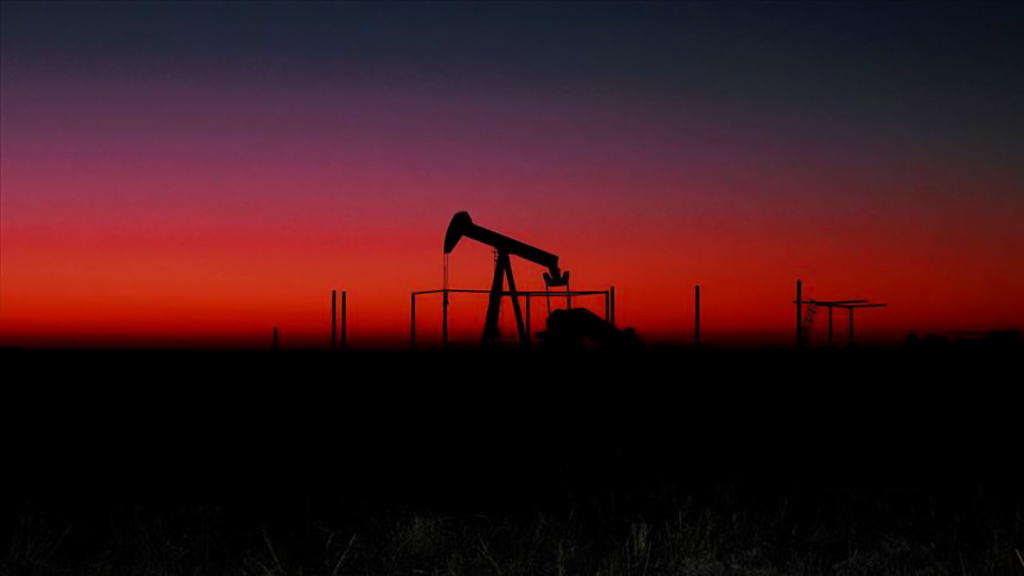This week’s attack on the facilities of Aramco, Saudi Arabia’s national oil company, was no mere skirmish among proxies. Iran has allegedly fired missiles, loaded on drones, to strike at the heart of the Saudi oil industry. Although Yemen’s Houthi rebels claimed the attack, already some fingers are pointing to Tehran. Hence a series of questions: have tensions in the Gulf, which have been escalating since May 2018, already spun out of control? Is the policy of “maximum pressure” on Iran giving way to war? Why did U.S. President Donald Trump escalate tensions right after sacking John Bolton, his hawkish national security adviser? What will be the Trump administration’s military response to an attack that it considers a casus belli? As world leaders pack their bags for the United Nations General Assembly’s opening session, the world is still trying to answer those questions.
The U.S. withdrawal from the Iran nuclear deal and Washington’s efforts to build an anti-Iran bloc in the Middle East started fueling tensions in the Gulf last year. Economic sanctions, which Trump enforced more strictly than his predecessor, cost Iran approximately $1 billion per week. Tehran had been building pressure on U.S. allies in the Gulf through its proxies for some time. The Yemen war alone has given headaches to Saudi Arabia for four years. The United Arab Emirates (UAE) is slowly giving up on the fight against the Houthi rebels, leaving the Saudis alone in this ill-fated adventure. Tehran has demonstrated its determination by seizing an oil tankers in the Gulf of Hormuz. So why did Saudi Arabia, the big brother of the Gulf, end up under fire? This is not just about a 40% decline in oil production. In truth, Iran just threatened the entire Gulf by showing everyone that U.S. military equipment, worth billions of dollars, could not stop some hybrid attack. It is no secret that a similar attack would have been absolutely devastating for the UAE and other Gulf countries.
Another important question is why there was an attack on Saudi oil facilities just as Trump prepared to ease sanctions and meet Iranian President Hassan Rouhani.
Let us recall that the U.S. president sacked John Bolton over the former national security adviser’s hawkish stance on Iran. Tehran is currently struggling under severe economic sanctions. Its government uses such tensions to consolidate its domestic base and seeks to deter its adversaries through hard power. The Iranians say that they won’t engage in potentially fruitless and endless negotiations unless Trump lifts sanctions in advance. Having withdrawn from the Obama administration’s nuclear deal, Trump has no alternative game plan.
Tehran’s risky approach rests on the assumption that neither Trump, who is up for re-election next year, nor the American people want another major war in the Middle East. Iranian Foreign Minister Javad Zarif’s threat of total war, a jab at U.S. Secretary of State Mike Pompeo, was the most recent display of the power struggle underway in the Gulf. Meanwhile, the United States is trying to decide how to respond to the Aramco attack. Should Washington target missile silos or storage facilities full of oil that Iran cannot sell anyway? A counterattack for counterattack’s sake would play into Iran’s hands. The lack of an effective response would certainly encourage Gulf states, which might continue to buy U.S. weapons, to search for a middle ground with Iran. No wonder that Zarif already urged Saudi Arabia and the UAE to enter into negotiations. This episode will only serve to fuel Tehran’s regional ambitions.
If the Trump administration carries out an effective military operation to hurt Iran, however, regional tensions will continue to escalate. It seems that Tehran already accepted that risk. Provided that Washington cannot seriously think about invading Iran, it will probably wait for European governments, including Germany, to step in for the sake of mediation. Russian President Vladimir Putin, who has been watching the episode from the sidelines, will surely offer to sell the S-400 air defense system to Saudi Arabia again.
The Aramco attack marks the beginning of a new period of conflict in the Gulf. Whether or not it also marks the beginning of the Iran war is for Washington to decide.
[Daily Sabah, 23 September]
In this article
- Opinion
- CENTCOM
- DAESH
- Daily Sabah
- Donald Trump
- East of the Euphrates
- Europe
- Fight against DAESH
- Foreign Minister
- Germany
- Houthi Movement
- Iran
- Iran Nuclear Deal | Joint Comprehensive Plan of Action (JCPOA)
- Iran War
- Iranian President
- Islamic Republic of Iran
- Kurdistan Workers' Party Terrorist Organization (PKK)
- Middle East
- NATO
- NATO Ally
- Obama Administration
- Operation Euphrates Shield
- Peace Corridor
- People's Protection Units (YPG)
- PKK - YPG - SDF - PYD - YPJ - SDG - HBDH - HPG - KCK - PJAK - TAK - YBŞ
- Russia
- Safe Zone
- Saudi Arabian Oil Company (Saudi Aramco)
- Syria
- Syrian Civil War
- Syrian Conflict
- Syrian Crisis
- Syrian Democratic Forces (SDF)
- Syrian National Army (SNA)
- Syrian National Coalition
- Syrian Opposition
- Syrian Refugees
- Terrorism
- Trump Administration
- Trump’s Syria Withdrawal
- Turkish Foreign Policy
- Turkish-American Relations
- Türkiye-US Relations
- Türkiye-US Security Relations
- Türkiye's Foreign Policy
- Türkiye's Operation Peace Spring
- Türkiye’s Operation Olive Branch
- U.S. Secretary of State
- United Arab Emirates (UAE)
- United Nations (UN)
- United States (US)
- US Military
- US President
- US Withdrawal from Syria
- US-PKK/PYD/YPG/SDF Relations
- US-Terror Relations
- Vladimir Putin
- Yemen
- Yemeni Crisis



